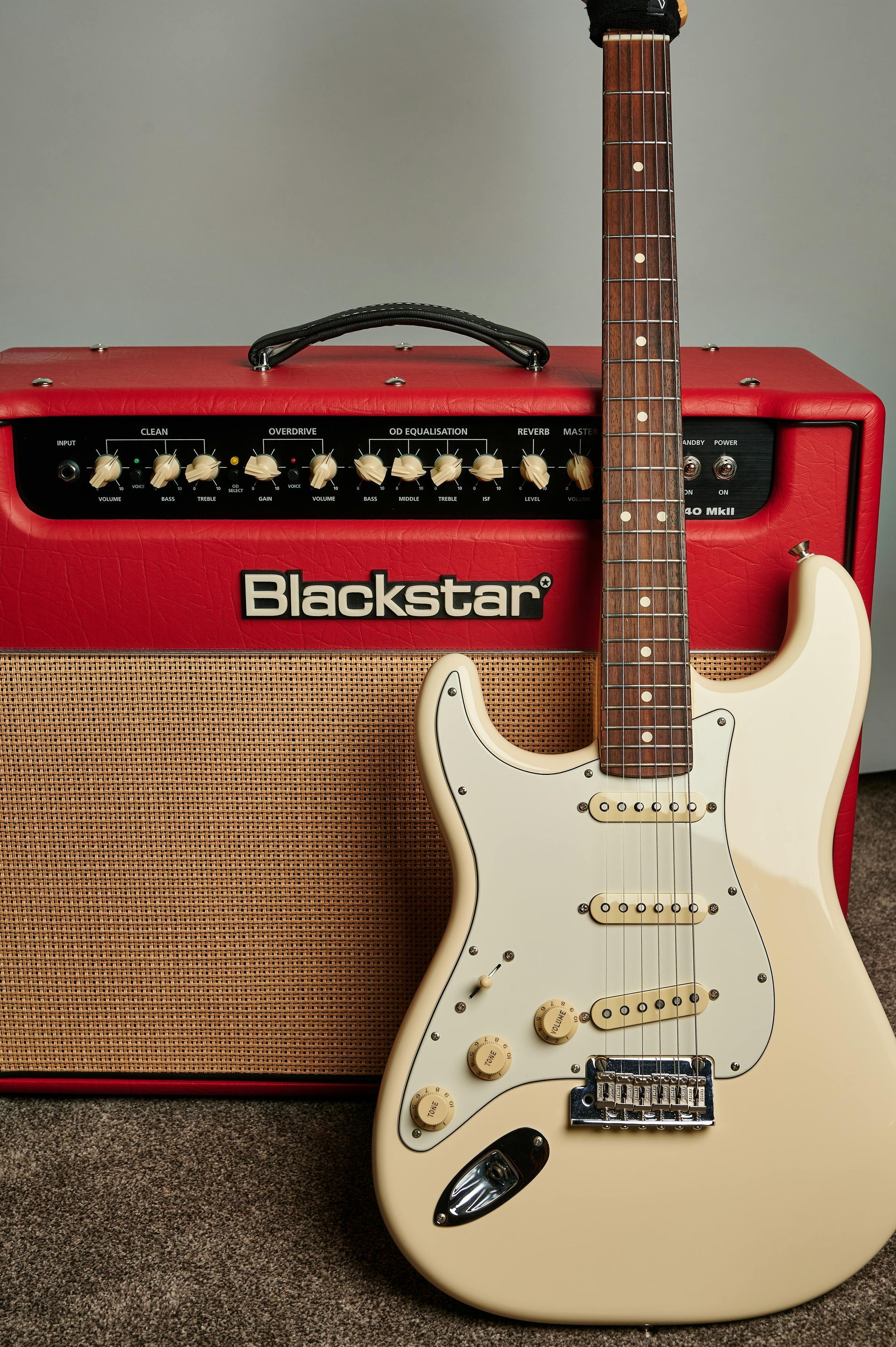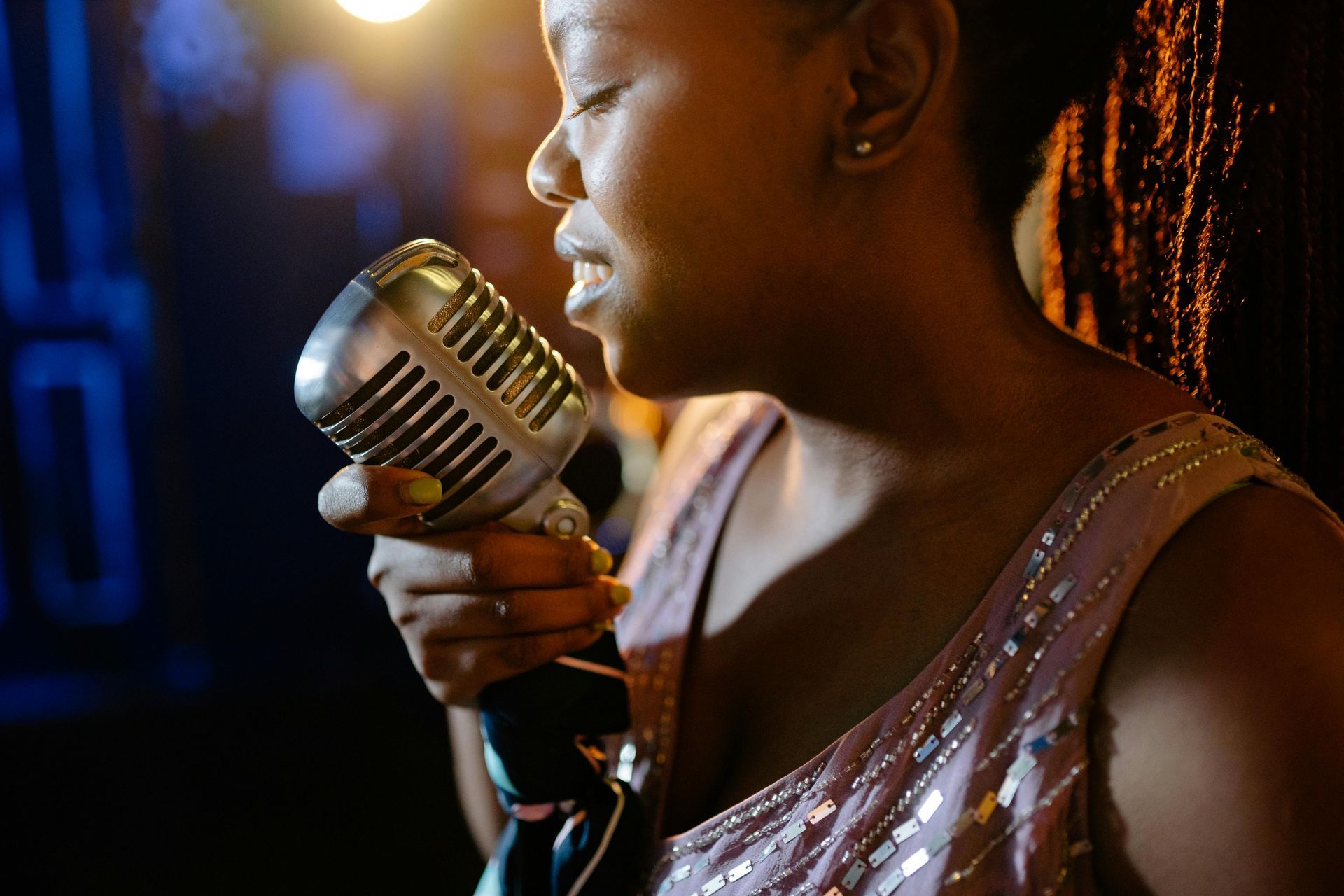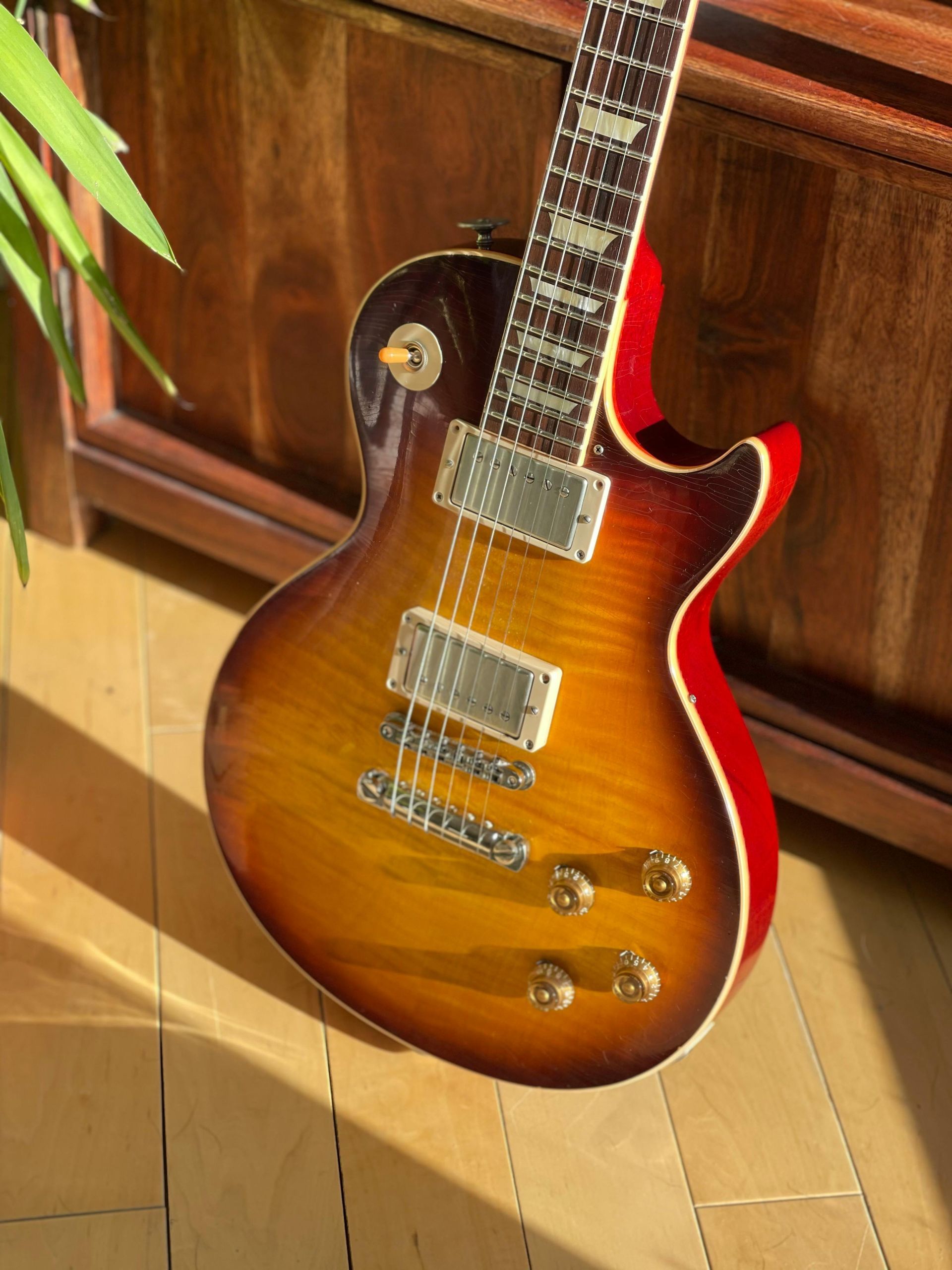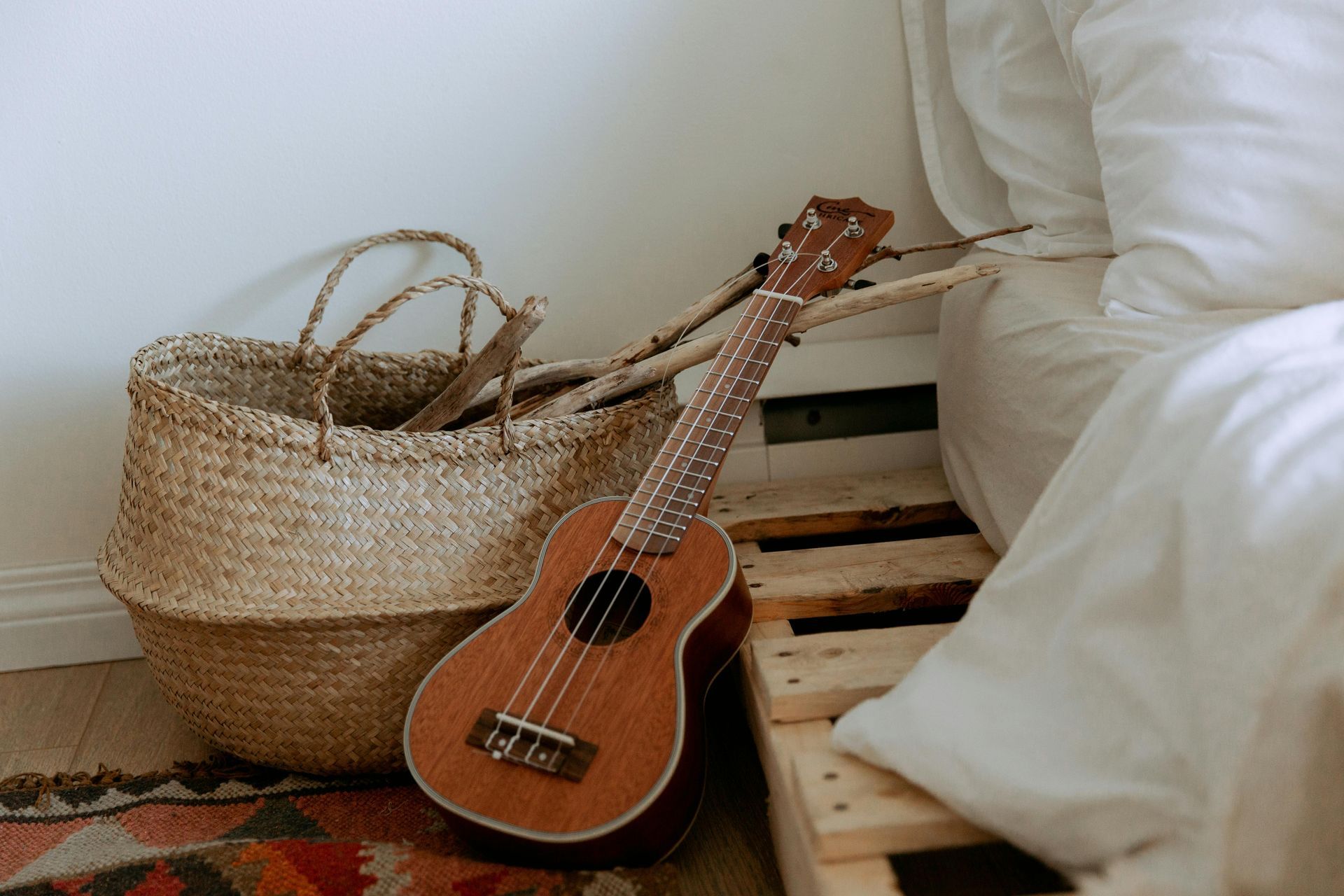Guitar Games for Kids: Making Lessons Fun and Effective
Keeping children engaged during guitar lessons can be challenging. Their attention spans are shorter, and traditional practice methods can feel tedious. The solution? Turn learning into play!
These guitar-focused games make essential skills fun while building a positive relationship with the instrument…

Musical Treasure Hunt
Hide small cards around the room with different challenges written on them: "Play an A chord three times," "Make up a four-note melody using just the E string," or "Play 'Twinkle Twinkle' from memory."
As the child finds each card, they complete the musical task before searching for the next one.
This combines physical movement with short bursts of playing, perfect for energetic children who struggle to sit still.

String Symphony
Assign each student in the class one guitar string or chord to play. Create a simple pattern where each person plays their note/chord in sequence to create a "group song."
This game teaches listening skills and timing while showing children that making music is a collaborative experience.

Beat The Teacher
The teacher plays a simple pattern of 3-4 notes. The student tries to repeat it exactly. Then the student creates a pattern for the teacher to copy. Keep score to add friendly competition.
This game develops listening skills, memory, and creativity while putting the student and teacher on equal footing, which builds confidence.

Musical Storytelling
Start a simple story, then pause at key moments for the child to add a sound effect on their guitar. "Once upon a time, there was a giant who walked through the forest (child makes heavy, low notes) and met a tiny fairy (child makes high, delicate notes)."
This connects guitar playing to creativity and self-expression, showing children that music tells stories and conveys emotions.

Rhythm Detective
Clap or tap a rhythm and have the child identify if it's in groups of 2, 3, or 4 beats. Then have them reproduce the rhythm on a single guitar string.
This develops rhythmic awareness in a way that feels like solving puzzles rather than practicing.

Musical Charades
Write different emotions (happy, sad, mysterious, excited) on cards. The child draws a card and tries to express that emotion through their playing without saying what it is. Others guess the emotion.
This game teaches expressive playing and helps children understand how music communicates feelings.

Name That Tune
Play the first few notes of familiar songs (like nursery rhymes or theme songs from children's shows) and see if the child can identify them. Then teach them how to play those recognisable snippets.
Children love playing music they recognise, and this game connects ear training with practical skills they can show off to friends and family.
Play the first few notes of familiar songs (like nursery rhymes or theme songs from children's shows) and see if the child can identify them. Then teach them how to play those recognisable snippets.
Children love playing music they recognise, and this game connects ear training with practical skills they can show off to friends and family.










